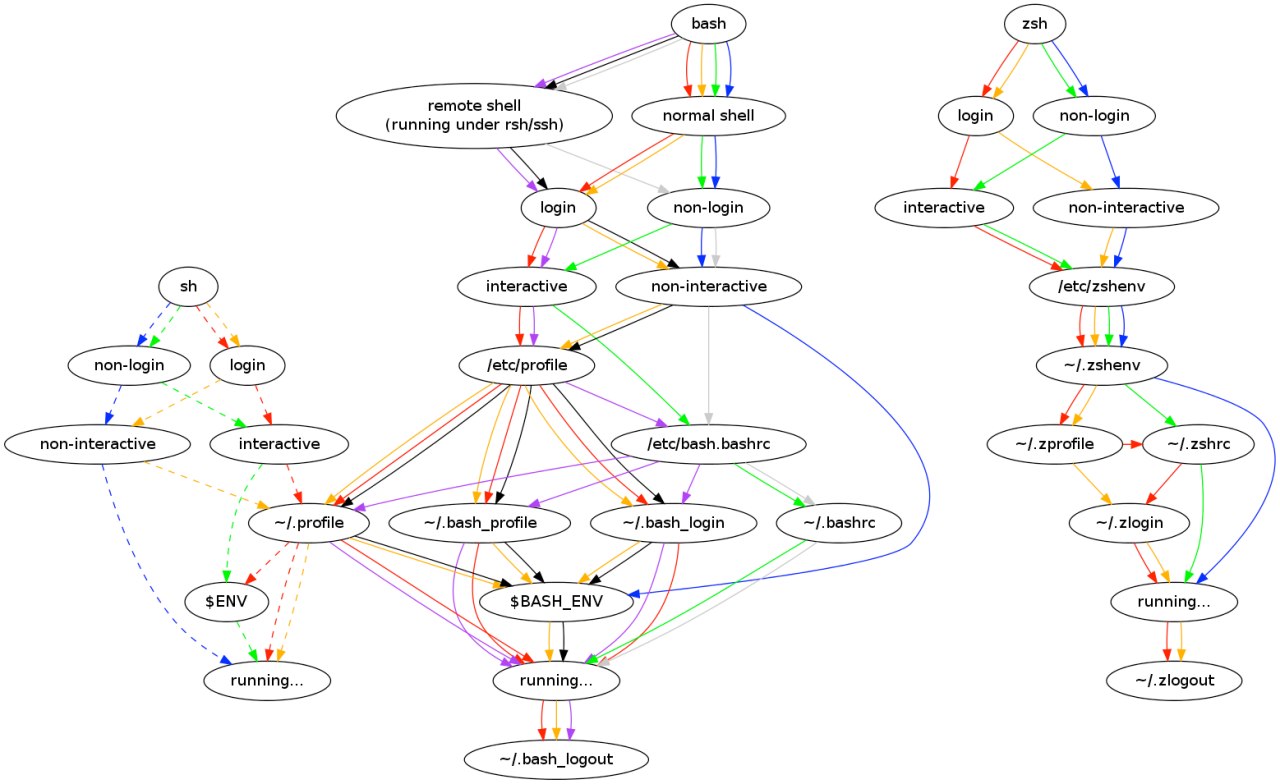Have you tried Debian?
- 0 Posts
- 16 Comments

 21·5 months ago
21·5 months agoWhat about using enums? In this case you will have to specify them for all records, but this ensures that the field will always be present.
enum license_owner { regular_citizen = 0, embassy, government, ... }

 41·5 months ago
41·5 months agoIt would be better for your nerves to just do a normal GNU/Linux installation. There are too many ways the installation can go wrong:
replace swap partition with ISO contents
For example, Ubuntu ISO has a size of 5.7G. But my swap, which you previously deactivated, was 4G. Either 2G, or it didn’t exist at all.
move user data from C:/ to other partition
The other partition may not exist or may have capacity smaller than C:/.
replace C:/ with linux
The installed Linux must also be stored somewhere. And there is also a copy partition for C. The same problem of lack of space.
move user data to /home/$username
From %APPDATA%? You would have to be a know-it-all to resolve the location paths and configuration names of literally every existing program.
reboot into linux
And it is at this moment that Windows will completely randomly decide to update and rewrite the bootloader :)

 202·5 months ago
202·5 months agoIn Elixir, we mark statuses by using a question mark at the end of the variable name. Something like this:
authorized? = user |> get_something() |> ensure_authorized?()I like this better than the
is_prefix

 2·5 months ago
2·5 months agoso not sure why you think one or the other is less complicated
Because of this:

And some note by the author of the scheme:
Unfortunately, the operation of bash startup scripts is dependent on patches added by OS distributions
Why should I guess at the tea leaves instead of just using deterministic zsh?

 11·5 months ago
11·5 months agoconsole.log() is really easy to learn, but what happens after that is a complete “wtf”

 2·5 months ago
2·5 months agoBash has a very strange sequence of sourcing scripts like .bash_profile and others, and the type of shell (interactive or not) adds fuel to the fire. There is no chance to sort through this bunch of init files in order to correctly and conveniently set up environment variables. In zsh, only 3 files are needed for proper configuration; it couldn’t be easier.

 31·5 months ago
31·5 months agoWhy don’t you just remove all plugins and use standard zsh? All sorts of oh-my-soy are not really needed.

 421·6 months ago
421·6 months agoThe language idea is good, but:
THREE.WebGLRenderer: A WebGL context could not be created. Reason: WebGL is currently disabled.Seriously? Why do I need WebGL to read TEXT in docs? :/
I used DuckDuckGo a couple of years ago, but they added their own blacklist of sites (pretty stupid), and for my language it started returning crappy generated spam sites instead of relevant results. They shouted at the top of their lungs that for my language they simply index the results from Yandex, but this is a lie, they are different.
StartPage gave the best results, but they introduced a captcha that I got every damn request.
I’m currently using SearXNG, which collects results from Google. And these are damn normal results, unlike other search engines that consider themselves the smartest and edit the results.

 65·6 months ago
65·6 months agoThis way we will have multiple sudo-tools on one system without the ability to remove all but one. Like now with all this crap like systemd-resolved, systemd-networkd, systemd-anothershitd and a bunch of tools that do the same thing, but are all required.

 35·6 months ago
35·6 months agoThe main problem with sudo and doas is that they are not developed by Lennart. Seriously.
Try not to work in pitch darkness :)
Used dark (not black) themes everywhere for 8 years. My eyesight is still good according to my annual physical, but recently I’ve noticed that I have a hard time reading text written on a dark background. It is slightly blurred, especially when there is no light in the room.
Somewhere I still use dark themes, but I always try to switch to light mode if things look okay with code highlighting or smth.
I’ve never understood why GNU/Linux actually needs swap. Okay, I created a 4G partition for it, having 32G of RAM. I never used all that RAM, but even so, stuff regularly ends up in swap. Why does the OS waste write cycles on my SSD if it doesn’t have to?
However, if I artificially fill up all 32G of RAM, the system almost completely freezes faster than switching to using swap as a “lifeline”. And it only comes back to life when OOM Killer finally remembers its existence and kills some f__ing important process.